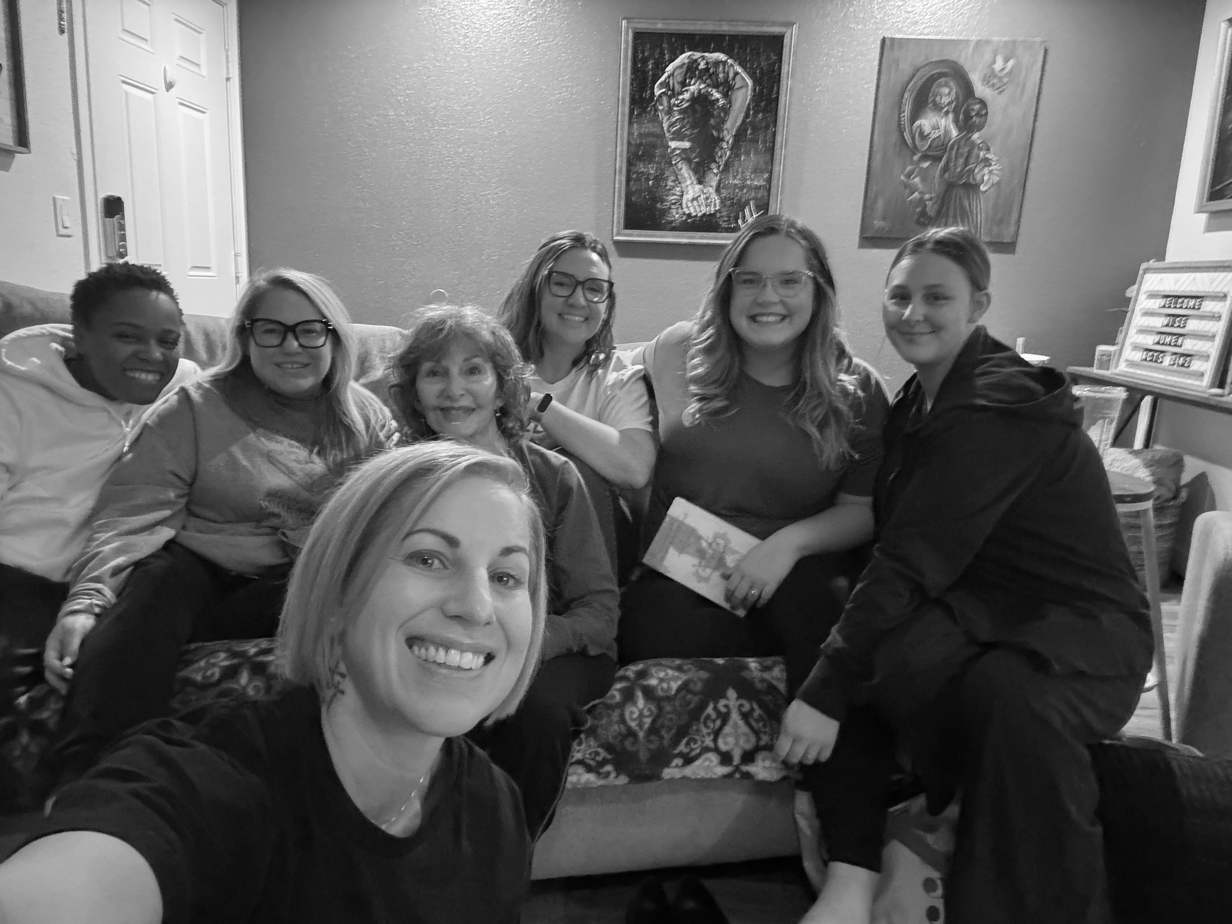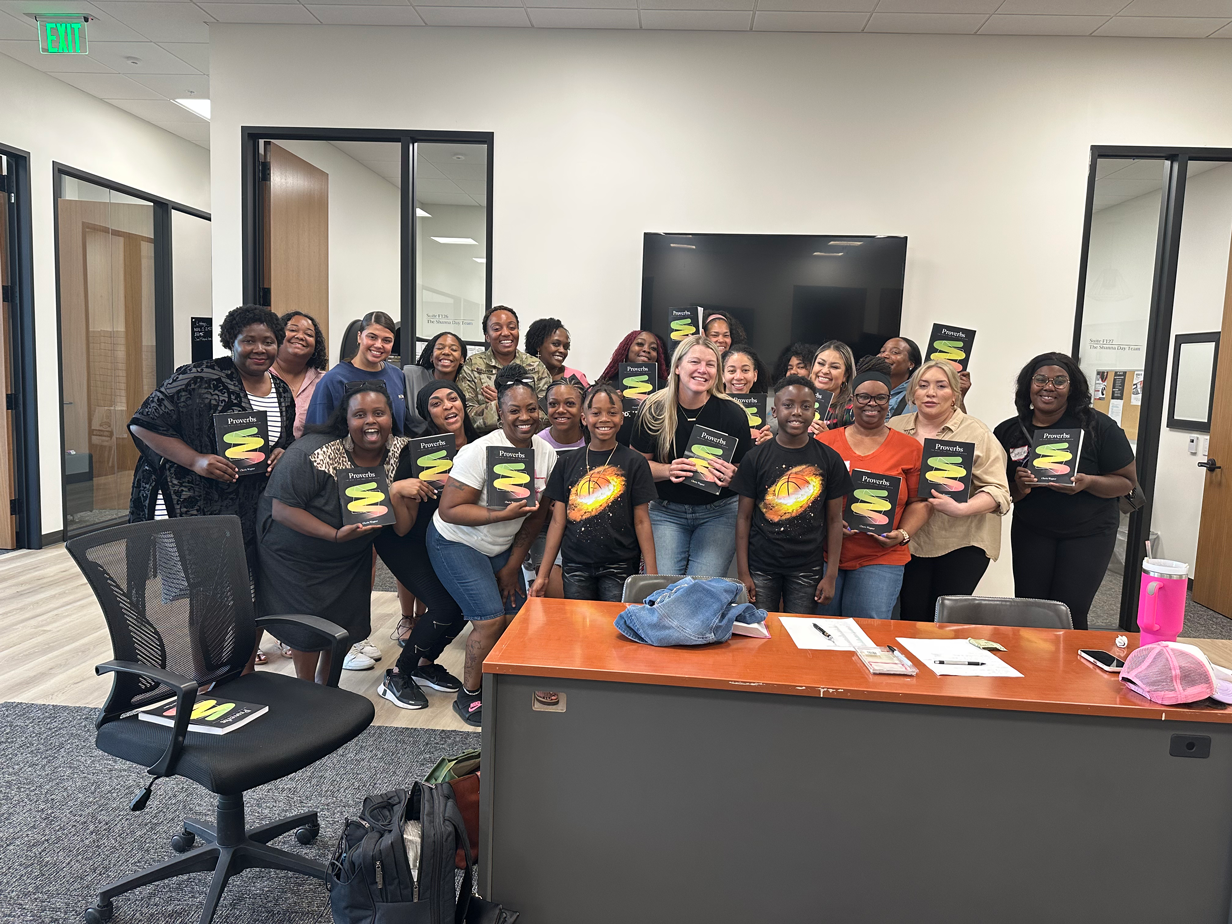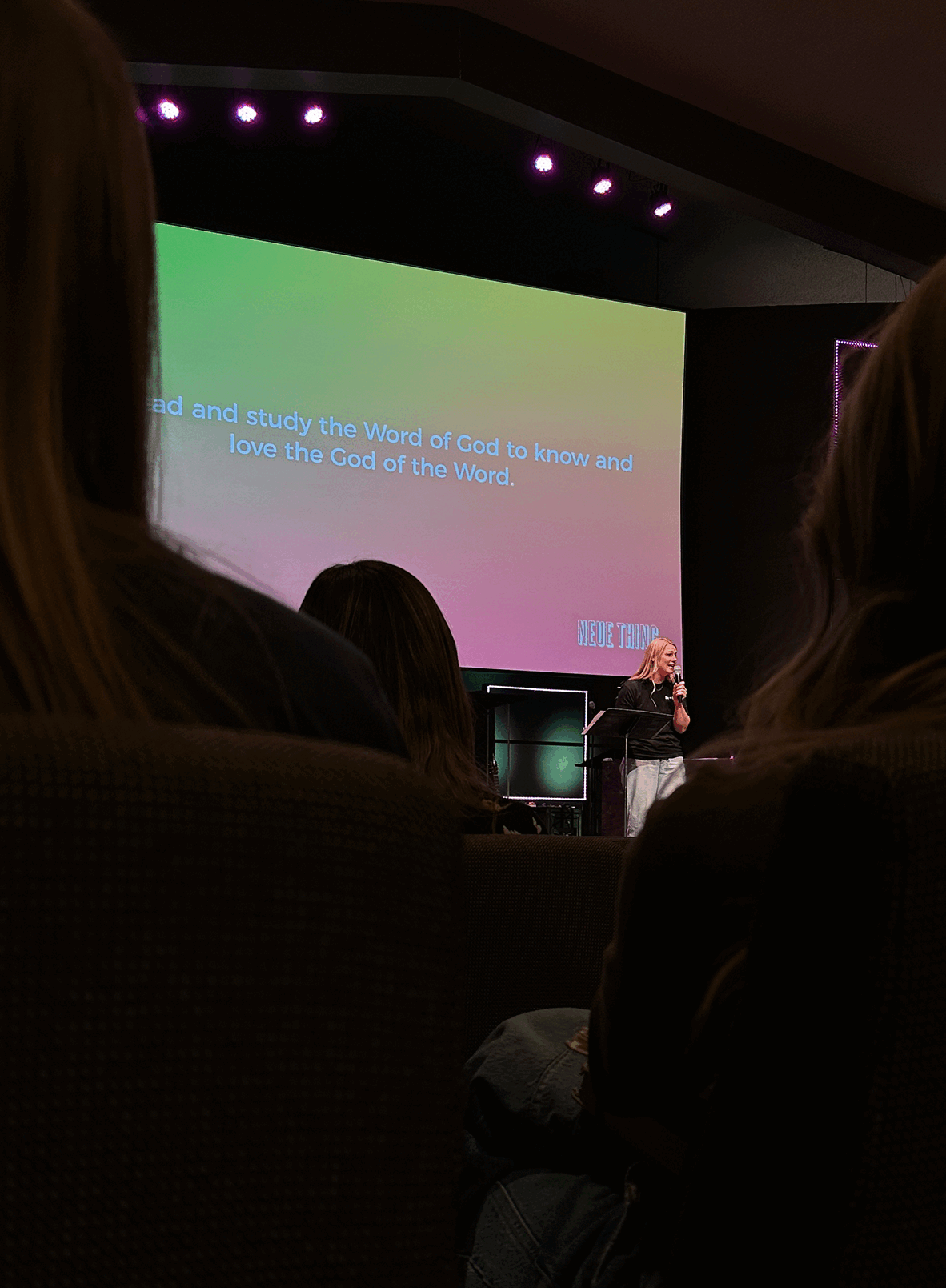
– Bible Studies & Resources For Today’s Woman –
We exist to help women [engage with Scripture and deepen her faith in community] so she can live ENCOURAGED, EQUIPPED, and EMPOWERED with the timeless truth of God’s Word.
“Behold, I am doing a ...
“Behold, I am doing a ...
NEUE
THING
OUR STUDIES & COURSES
PROVERBS
Our Newest Study
*
We live in a world that is drowning in information while starving for wisdom. Think about it. We have access to limitless information at our fingertips, but has all of this information made us wise? Knowledge does not equal wisdom.
Welcome to Proverbs: The Wise. The Fool. The Wicked. ––a seven-week study through the book of Proverbs. As we look to this ancient text of wisdom literature, may we come to discover the true source of wisdom: God’s Word. We’re not looking for more information. We are pursuing transformation.
Without God’s wisdom, we will not be able to navigate this world well. So, let’s learn to treasure the wisdom of God. Let’s learn how to walk in wisdom in a world of folly. May God’s voice be the loudest voice in our lives, leading, instructing, and informing us of truth.
BE WISE
There are women all over the country gathering together to learn how to grow in wisdom together. Find a group near you!







Listen to the Neue Thing podcast with new 30-minute semi-weekly episodes that keep you encouraged while you’re on the go.
“Cherie’s teaching points me straight to Jesus every time I listen! Her wisdom is practical, her insight rich with truth, and her love for God’s Word is contagious. I’m grateful for her clear, informative guidance that helps me grow deeper in Scripture.”
- Michelle
POPULAR EPISODES
-
Ep. 80 | A Father's Example
In Proverbs 4:1-9, we see a father’s urgent plea to pass down wisdom–generational blessing rather than…

-
Ep. 79 | How We Treat Others
In this episode, we explore Proverbs 3:27-35 and the powerful wisdom it offers on justice, honor, and the consequences of…

-
Ep. 78 | I Want Those Straight Paths!
Today, we’re looking at what it actually looks like to trust the Lord. Proverbs 3:5-6 gives us a clear picture…

WHERE YOU MAY HAVE SEEN US & WHAT THEY ARE SAYING…
“Behold, I am doing a new thing; now it springs forth, do you not perceive it? I will make a way in the wilderness and rivers in the desert.” – Isaiah 43:19
“Behold, I am doing a new thing; now it springs forth, do you not perceive it? I will make a way in the wilderness and rivers in the desert.” – Isaiah 43:19
WHO WE ARE ––
NEUE THING
Neue Thing is a donor-supported 501(c)(3) ministry, founded by Cherie Wagner, that helps women encounter the life-changing power of God’s Word. Since 2011, we have equipped women and women’s ministries across the United States through Bible studies, devotionals, events, and retreats, encouraging them to read, understand, and live out Scripture every day.
“See, I am doing a new thing…” — Isaiah 43:19
… so she can live ENCOURAGED, EQUIPPED, and EMPOWERED with the timeless truth of God’s Word.

SPEAKING
Cherie is a gifted Bible teacher and communicator. She’d love to teach at your church or next event...
Don’t Wait! Connect to Book for Spring 2026.
NO BETTER WAY TO START A NEUE WEEK THAN IN GOD’S WORD.
Subscribe to get encouragement and Scripture straight from Cherie every Monday!

























